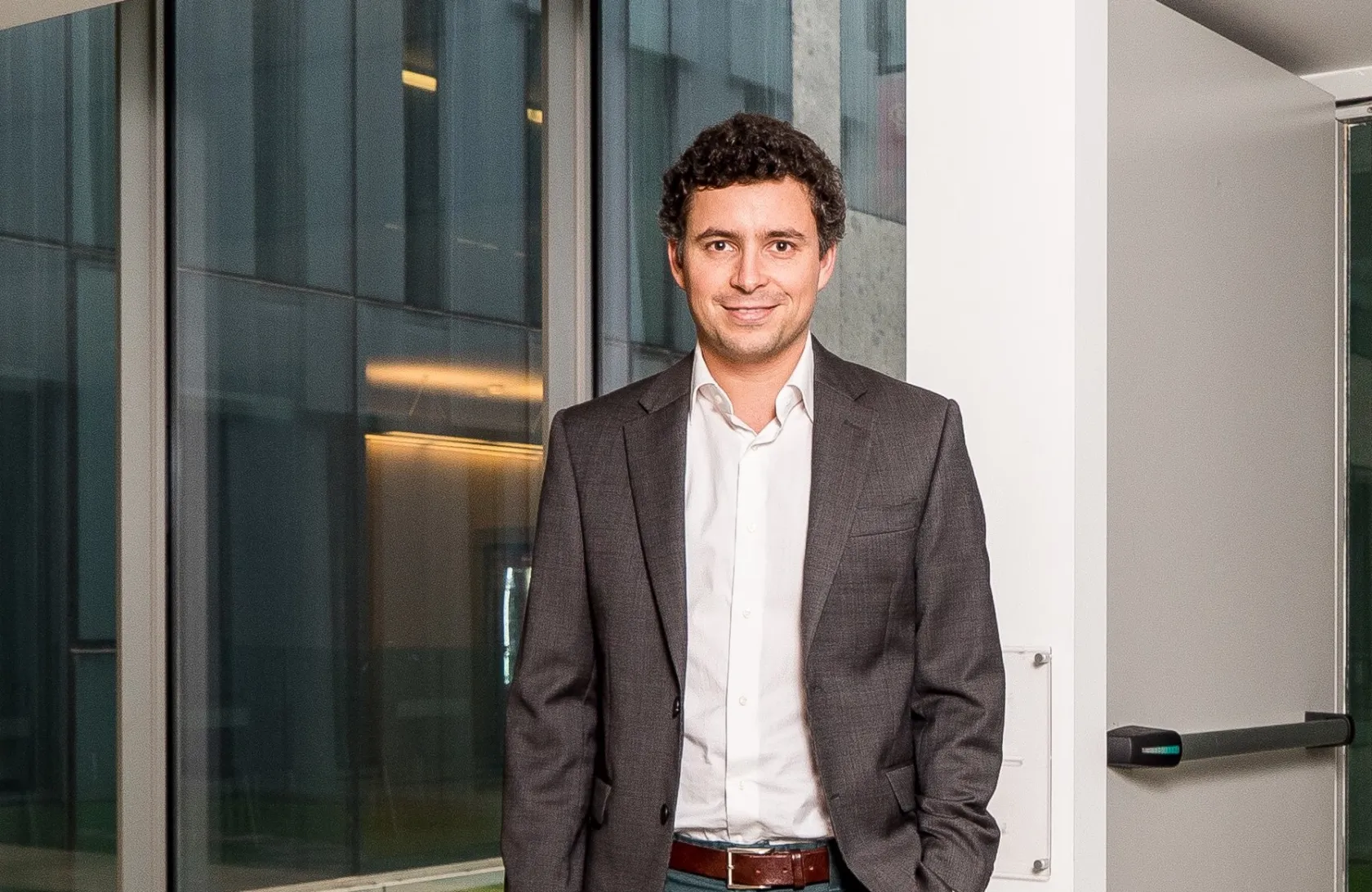
Immigrants need certainties
Across Europe, immigration is currently a topic at the forefront in the political arena and in the media. The British government, for example, is pushing a law to crack down on illegal immigration and after recent migrant tragedies in Italy, and controversial new decrees on migration, the issue is also again a topic of heated debate. In the meantime, the EU is pushing for a new Pact on Migration and Asylum and has to face the issue of the Ukraine refugees – over 8 million in Europe since the start of the war according to UNHCR figures. But is the situation really critical or is the debate too alarmist? In this interview Joseph-Simon Goerlach, of the Department of Economics, for whom migration is one of his key areas of research, gives his view
-Are we really facing a crisis across Europe or is the debate too alarmist?
The world is ever more globalized and connected, and so it is normal that migration has also been on an upward trend for many years. But shipwrecks on the route to Europe or the UK bring into the spotlight the plight of undocumented migrants. The numbers – 160,000 crossings of the Mediterranean and 46,000 of the Channel last year – do show an increase compared to the year before, but they are still a small part of global migration. On the European level, they also are small compared to inflows of Ukrainians, for example. Of course better and more efficient migration management is crucial, but I don't feel we are at some tipping point.
--Much criticism is aimed at the EU that it is not tackling the issue with the right policies. What do you feel?
Recent episodes and catastrophes certainly highlight the unresolved problems of Europe's asylum policy. The EU has been pushing for a new Pact on Migration and Asylum, with a new shared approach, to reform or substitute the Dublin Agreement – but little progress has been made. The two main weaknesses of the current system are, first, the impossibility to claim asylum without first undertaking a risky journey into EU territory – a risk that is raised further by national policies of some countries, including Italy. Second, the unequal distribution of refugees across member states: The Dublin Agreement so far obliges migrants to file their request in the country of arrival, which places a disproportionate burden on countries like Italy.
--Is there a general problem in seeing immigration also a positive force? Is the focus too emotional, centred on numbers and regulation?
Immigration has many consequences, which depend on who the migrants are and where they come to. To just focus on numbers is not informative or constructive. For example, immigrants may compete for jobs and services with local natives but many also provide vital services in important sectors such as agriculture and healthcare. They also benefit research and innovation. And over their lifespan they tend to pay more in taxes than what they receive in terms of services and welfare. But, yes, integration can be a challenge for host countries. Certainly, there are distributional consequences, and it is very important to acknowledge and tackle these.
--Regards integration, a study of yours shows how giving migrants certainty about the option to stay could improve their integration, help them contribute more to the local economy and cement their acceptance in host societies. Is this a possible way forward?
Yes, my study with Jérôme Adda and Christian Dustmann shows that immigrants who have a greater certainty about their perspective to stay invest more in host country skills, such as learning the local language, which allows them to find better-paid jobs – and thus generate higher fiscal contributions to the host country through income and consumption taxes.
Giving immigrants clear prospects is important, for their lives and decisions and their integration and acceptance in host societies. This is particularly true for the large number of Ukrainian refugees across Europe. The EU was fast in giving them Temporary Protection (and over 4 million registered in the first year), and this may now be extended. But such short-term prospects keep people in limbo and do not encourage them to learn the local language, for example, and integrate.